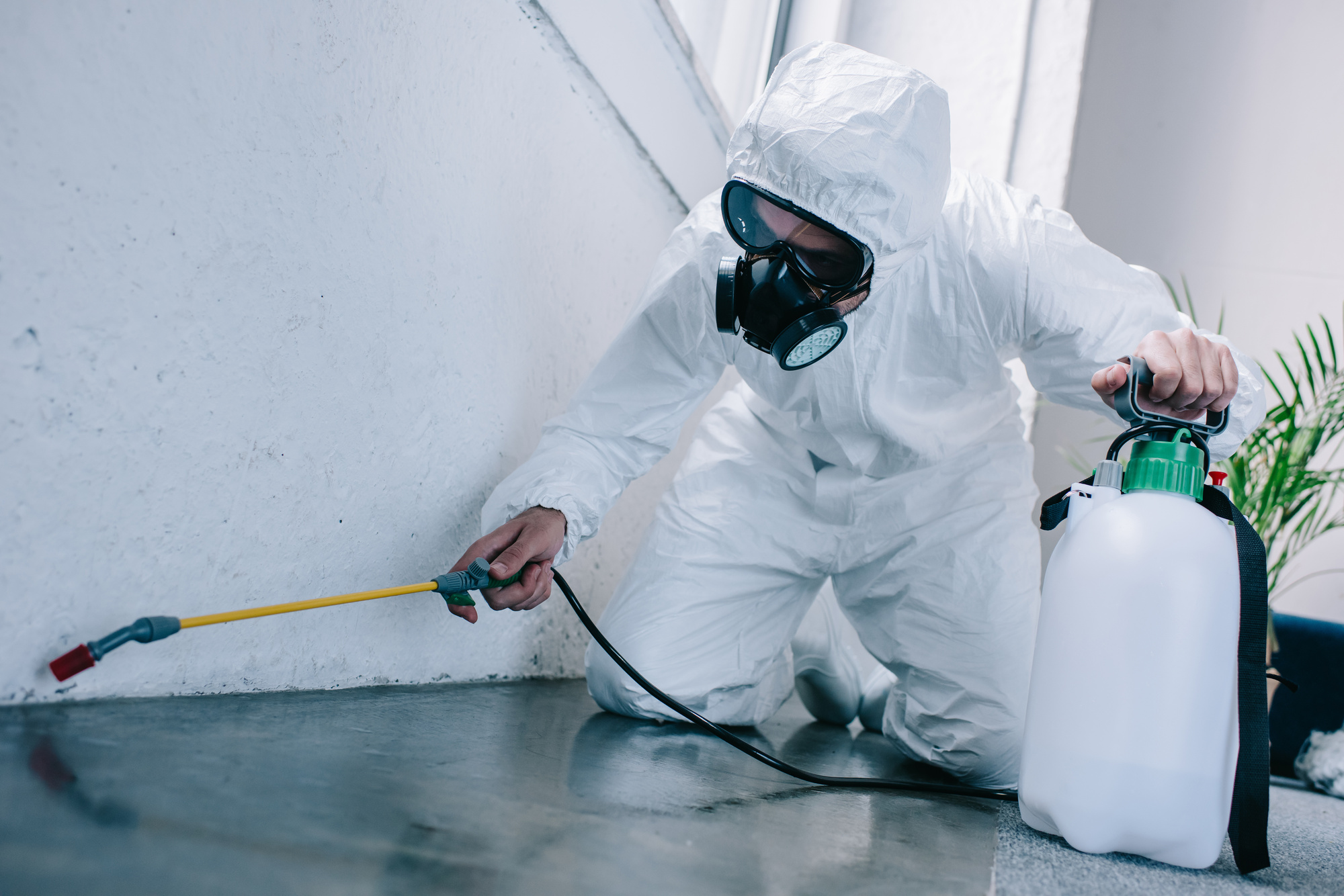Gardening is a beloved hobby for many people, offering a sense of relaxation and accomplishment as they tend to their plants and watch them grow. For those who have their own vegetable gardens at home, there is an added satisfaction in knowing that the produce on their dinner table comes from their own efforts. However, one unwelcome aspect of gardening is dealing with pests that can destroy all the hard work put into growing these vegetables. As a result, safe pest control methods for home vegetable gardens have become increasingly important.
Traditional methods of pest control often involve the use of harmful chemicals that can not only harm pests but also endanger human health and contaminate the environment. In recent years, there has been growing awareness about the negative effects of these chemicals on both humans and nature. As a result, more individuals are turning to safer, organic alternatives for protecting their vegetable gardens.
One such method is through companion planting – the practice of strategically placing certain plants next to each other to benefit them both. For instance, planting marigolds alongside tomatoes can repel harmful insects while attracting beneficial ones like ladybugs which feed on common garden pests such as aphids. Similarly, planting https://twitter.com/safepestcontrol mint around cabbage can deter cabbage moths from laying eggs on the leaves.
Another effective approach is using natural predators as pest control agents instead of chemicals or pesticides. Ladybugs are known as one of nature’s best pest controllers since they feast on aphids which commonly infest vegetable gardens. Encouraging birds by providing nesting boxes or bird baths can also help keep insect populations under control.
Covering garden beds with netting or row covers is another successful method for keeping pests at bay while still allowing sunlight and water through.The netting creates a physical barrier between plants and insects; this works particularly well for hoop houses where vegetables are grown in more controlled conditions.
Additionally, biological controls involving microorganisms like bacteria and fungi offer ways to eliminate specific insect populations without harming other plants or the environment. These biocontrol agents can be applied through sprays or incorporated into the soil; they work by infecting pest insects and reducing their numbers.
One of the simplest yet most effective methods of pest control in home vegetable gardens is good old-fashioned hand-picking. Regularly inspecting plants for pests and manually removing them helps to prevent infestations from getting out of control. This method also allows for a more intimate relationship with your garden, where you can observe and care for each plant individually.
In conclusion, safe pest control methods for home vegetable gardens involve using natural, non-toxic alternatives that are both environmentally friendly and sustainable in the long run. By implementing these techniques, gardeners can not only protect their crops but also contribute to a healthier planet. With growing awareness and conscious choices, we can all do our part in preserving our precious ecosystem while enjoying fresh produce from our very own backyard.

